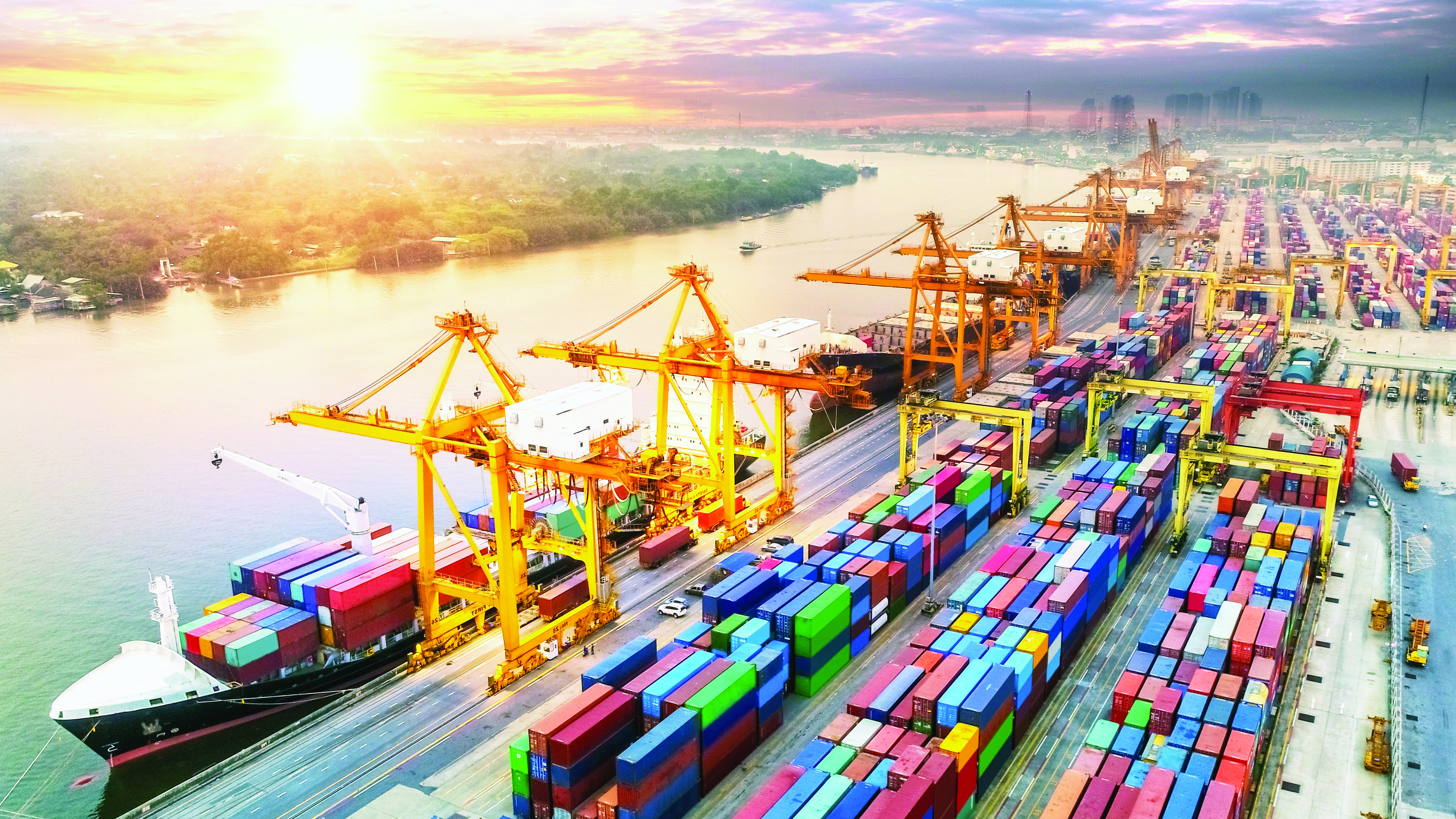Geopolitical uncertainties, Trump 2.0, AI to influence global trade in 2025, say experts

New Delhi: Geopolitical tensions, the potential for a renewed US-led trade war under President-elect Donald Trump, rising sustainability-driven barriers, China’s overcapacity in key sectors, and rapid advancements in AI will significantly impact global trade in 2025, according to experts.
They said Indian exporters and importers should work hand in hand with the government to deal with these challenges.
India, they said, need to prioritise their AI (artificial intelligence) strategy as it promises to transform trade logistics and supply chain management and reshape traditional trade patterns.
“AI is fast emerging as an important vehicle for future trade’s journey. The AI-driven digital transformation is poised to boost not only services trade, but it may also create whole new categories of tradable AI-powered goods -- from autonomous vehicles to robotics and beyond,” trade expert and Hi-Tech Gears Chairman Deep Kapuria said.
He said while geopolitical tensions are beyond the competency of the private sector to influence, businesses from the developing world need to invest resources to comply with growing needs to meet sustainability parameters both environmental and social.
“Complying with sustainability indicators is also important for companies to get integrated into GVCs (global value chains) as new laws such as EU Corporate Sustainability Due Diligence Directive make it legally mandatory to ensure supply chain becomes sustainable,” Kapuria said.
Mumbai-based exports and Founder Chairman Technocraft Industries SK Saraf said that the domestic industry has to invest heavily in new age technologies to become competitive and tap opportunities.
“The exporters will have to look for ways to increase exports to the US as imposition of high tariffs on Chinese goods by America would open up huge potential for them,” Saraf said.
US President-elect Trump has pledged to impose higher tariffs on countries like China. Kapuria said Washington’s approach is bound to invite retaliatory actions that together could cause significant disruption in global supply chains and trade and FDI flows.



